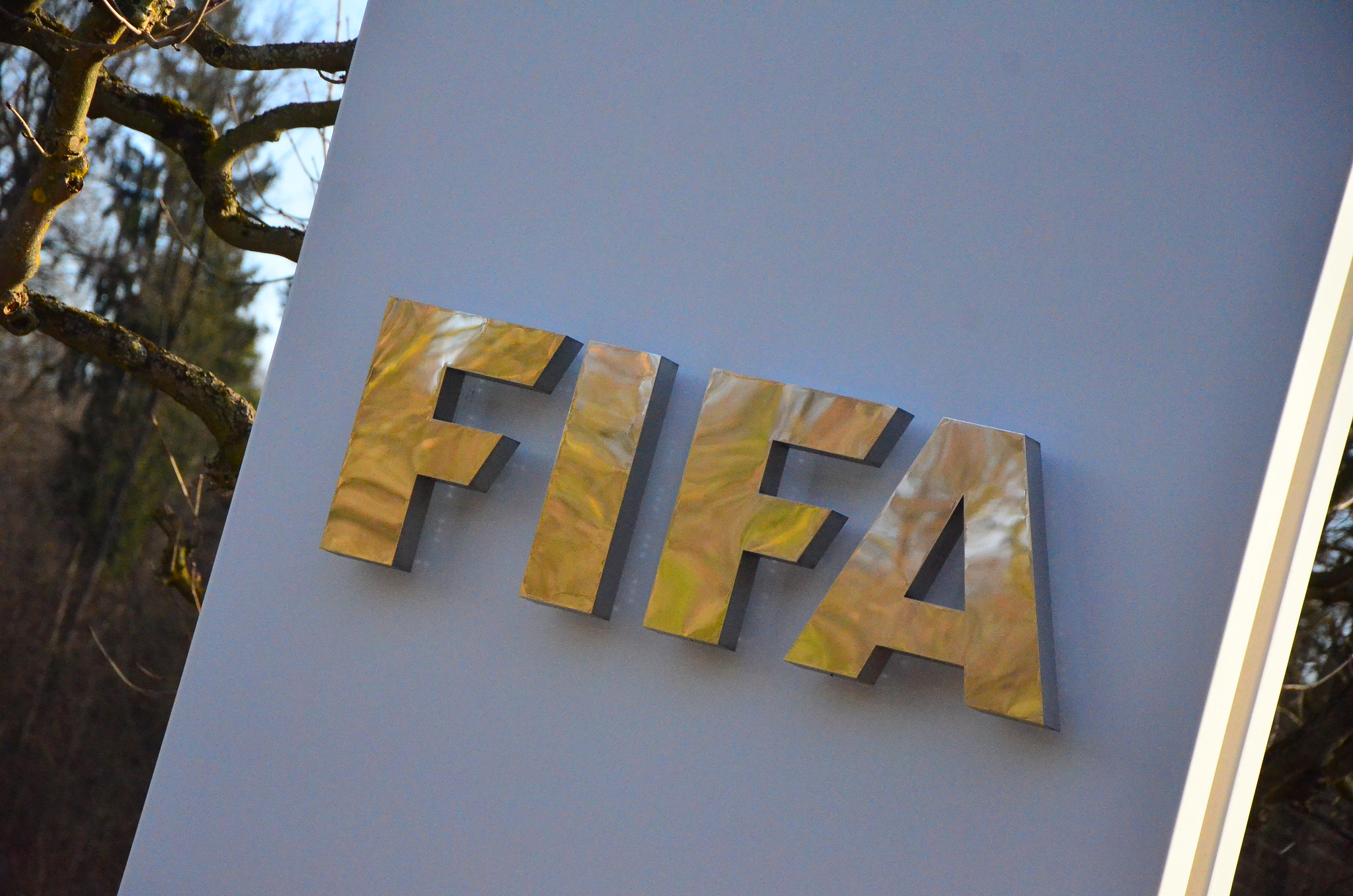Every four years, football fans across the globe gear up for the biggest spectacle in sports—the FIFA World Cup.
It’s a tournament of dreams, triumphs, and sometimes heartbreaks, but above all, it’s a unifying force. However, the upcoming editions in 2030 and 2034 are rewriting the playbook—quite literally. These tournaments are set to break records, spark debates, and perhaps leave us questioning FIFA’s long-term vision for the beautiful game.
2030: A Multi-Nation, Multi-Continent Celebration
To commemorate the World Cup’s 100th anniversary, FIFA has planned something unprecedented. For the first time in history, the tournament will be hosted by six nations across three continents—a symbolic yet ambitious undertaking.
- Opening Matches:
- Uruguay will host the inaugural game, paying tribute to the World Cup’s birthplace and the first tournament in 1930.
- Argentina and Paraguay will also host opening matches, marking South America’s role in the tournament’s legacy.
- Main Competition: The tournament will then move to Europe and Africa, with Spain, Portugal, and Morocco hosting the bulk of the games.
This decision is both a celebration of tradition and a logistical challenge.
The Challenges Behind a Multi-Host World Cup
On paper, the six-nation setup seems like a beautiful tribute to football’s heritage. However, beneath the surface lie several concerns:
- Logistics: Fans will need to traverse continents, players will endure grueling travel schedules, and organizers face a massive coordination effort.
- Political Maneuvering: Critics argue that FIFA’s decision is more about securing goodwill and influence across regions than uniting the footballing world.
- Automatic Qualification: With six nations earning automatic entry, smaller countries are concerned about reduced opportunities in the expanded 48-team format.
Notably, Morocco’s inclusion is historic, marking the first time the World Cup will venture into North Africa. For a country that reached the semi-finals in 2022—achieving the furthest run by an African team—it’s a moment of immense pride.
2034: Saudi Arabia Takes Center Stage
Fast forward to 2034, and the World Cup heads to the Middle East once again—this time to Saudi Arabia. Unlike the expansive spectacle of 2030, this tournament will remain confined to one host nation. However, its selection has not been without controversy.
An Uncontested Bid?
Saudi Arabia’s selection seemed inevitable due to FIFA’s continental rotation policy:
- Africa, South America, and Europe are excluded after hosting duties in 2030.
- North America is hosting the 2026 edition.
This left Asia and Oceania as the only eligible regions. Australia briefly considered bidding but withdrew, leaving Saudi Arabia as the sole candidate.
Sportswashing and Saudi Arabia’s Vision 2030
Saudi Arabia’s hosting rights are part of its ambitious Vision 2030 plan—a strategy to diversify its economy and reduce reliance on oil. The country has heavily invested in sports as a tool for global image-building:
- Signing football megastars like Cristiano Ronaldo.
- Hosting major events like Formula 1 and international boxing.
However, similar to Qatar 2022, Saudi Arabia’s selection raises ethical concerns:
- Human Rights: Issues regarding women’s rights and treatment of migrant workers persist.
- Escalating Costs: Saudi Arabia plans to build 11 ultra-modern stadiums, including a futuristic venue in Neom, the megacity under construction. Such projects highlight the growing financial burden of hosting, which limits opportunities for less wealthy nations.
The Bigger Picture: Football’s Shifting Landscape
The 2030 and 2034 tournaments reveal FIFA’s evolving strategy—a mix of global expansion, financial gain, and geopolitical influence. But is this vision sustainable?
Key Questions for the Future
- Can Countries Afford It? Hosting the World Cup now demands immense infrastructure and financial investment, often leading to economic strain.
- Is the Soul of Football at Risk? Critics argue that the emphasis on grandeur and profit risks alienating the very communities that make football “the people’s game.”
The parallels between Qatar 2022 and Saudi Arabia 2034 are undeniable. Both showcase how sports and geopolitics intersect, with hosting rights serving as tools for influence. While FIFA prioritizes financial security and spectacle, fans are left questioning whether the game’s core values are being overshadowed.







